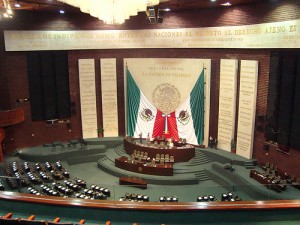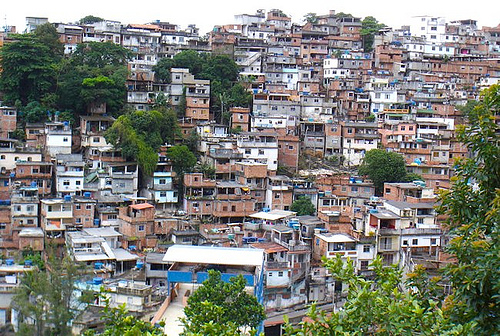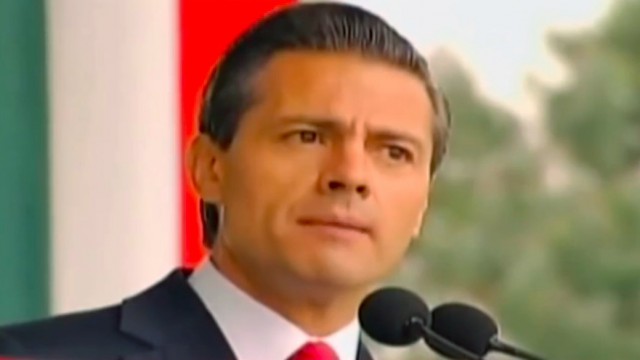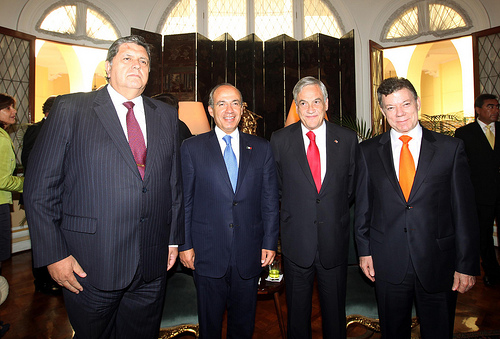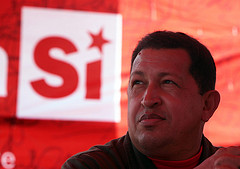
Mexico, News Briefs
Mexico’s National Security Law Can’t Be Evaluated, Says PRI’s Navarrete
April 29, 2011 By Mari Hayman
Facing the opposition of human rights groups and deputies from the PRD, Convergencia and PT parties, the PRI’s Alfonso Navarrete Prida announced Thursday that there is not enough time to evaluate the controversial initiative to change Mexico’s National Security Law that is now before the Mexican House of Deputies.
Citing internal policy, Navarrete Prida said that the House of Deputies’ Commission of Governance must approve changes to the law before four remaining commissions may do so. He added that Javier Corral Jurado, a deputy of the PAN party, indicated that the commission would not convene before the end of the week, when Mexico’s regular session of Congress is set to conclude.
“It’s unthinkable that this House should vote on something like this after the traumatic experience of 1968 for Mexican life,” Corral Jurado said recently, referring to the year that the Mexican military and police massacred students and civilian protesters gathered in Tlatelolco.
This week, changes to the National Security Law submitted by President Felipe Calderón in 2009 and approved by the Mexican Senate last year were met with intense criticism by human rights groups, including Amnesty International, who said they would violate important human rights protections by giving the Executive the power to use the Armed Forces to control internal security.
The Commission of Human Rights for the Federal District (CDHDF) also expressed reservations that the proposed changes violated Article 29 of the Mexican Constitution, which establishes that Congress must approve the declaration of a state of exception.
In response to the mounting criticism toward changing the law, Mexican Interior Secretary Francisco Blake Mora defended military institutions and countered that a revised National Security Law would strengthen the country’s struggle against organized crime. Calling on Congress to approve changes to the law, he said, “It’s not true that violence will disappear if the government withdraws. Violence is present and it kills young people, for example, in the case of Tamaulipas and Durango, and we have to face that violence.”
Armando Ríos Piter, leader of the PRD in the House of Deputies, proposed that an extra session of Congress be held next month to discuss changes to the law.
Mexican lawmakers will decide on May 17 whether the proposed extraordinary session of Congress will occur. If no extraordinary session is held, changes to the law may not be revisited until September.
Photo by Vaaggo @Flickr.
